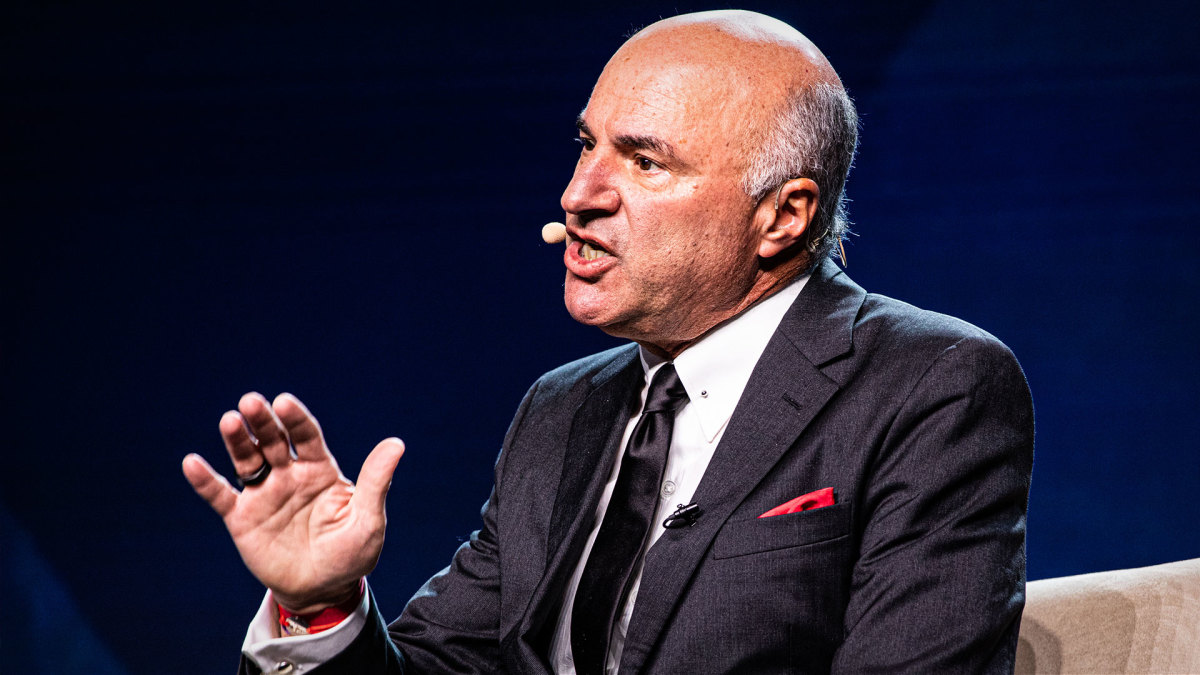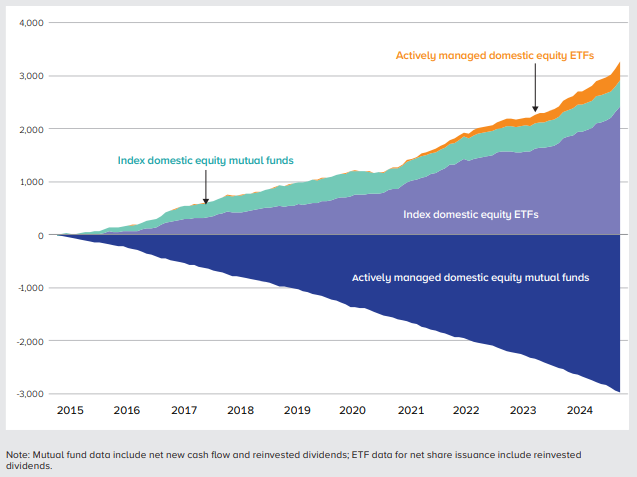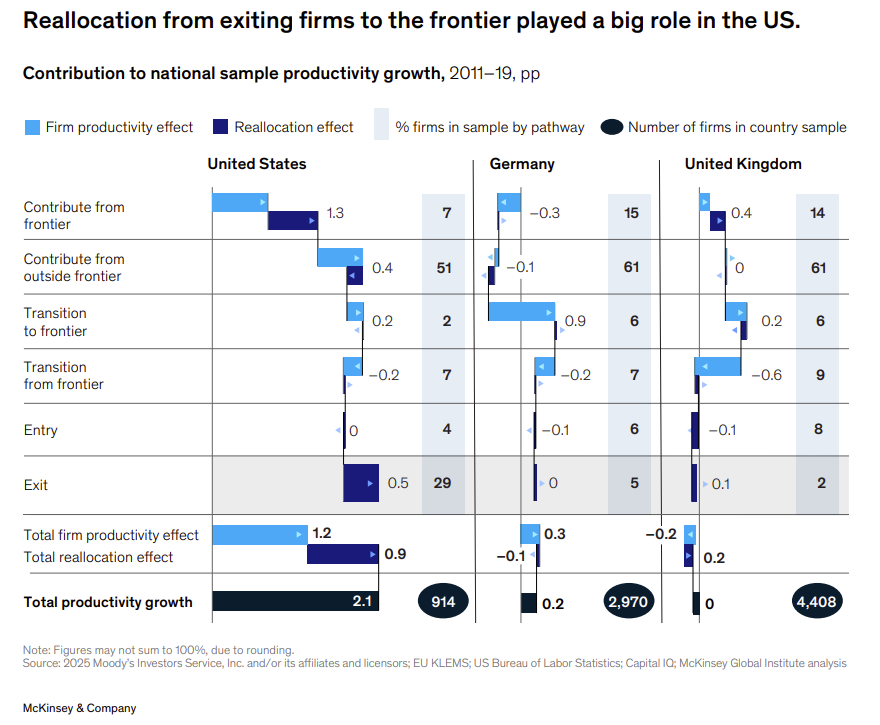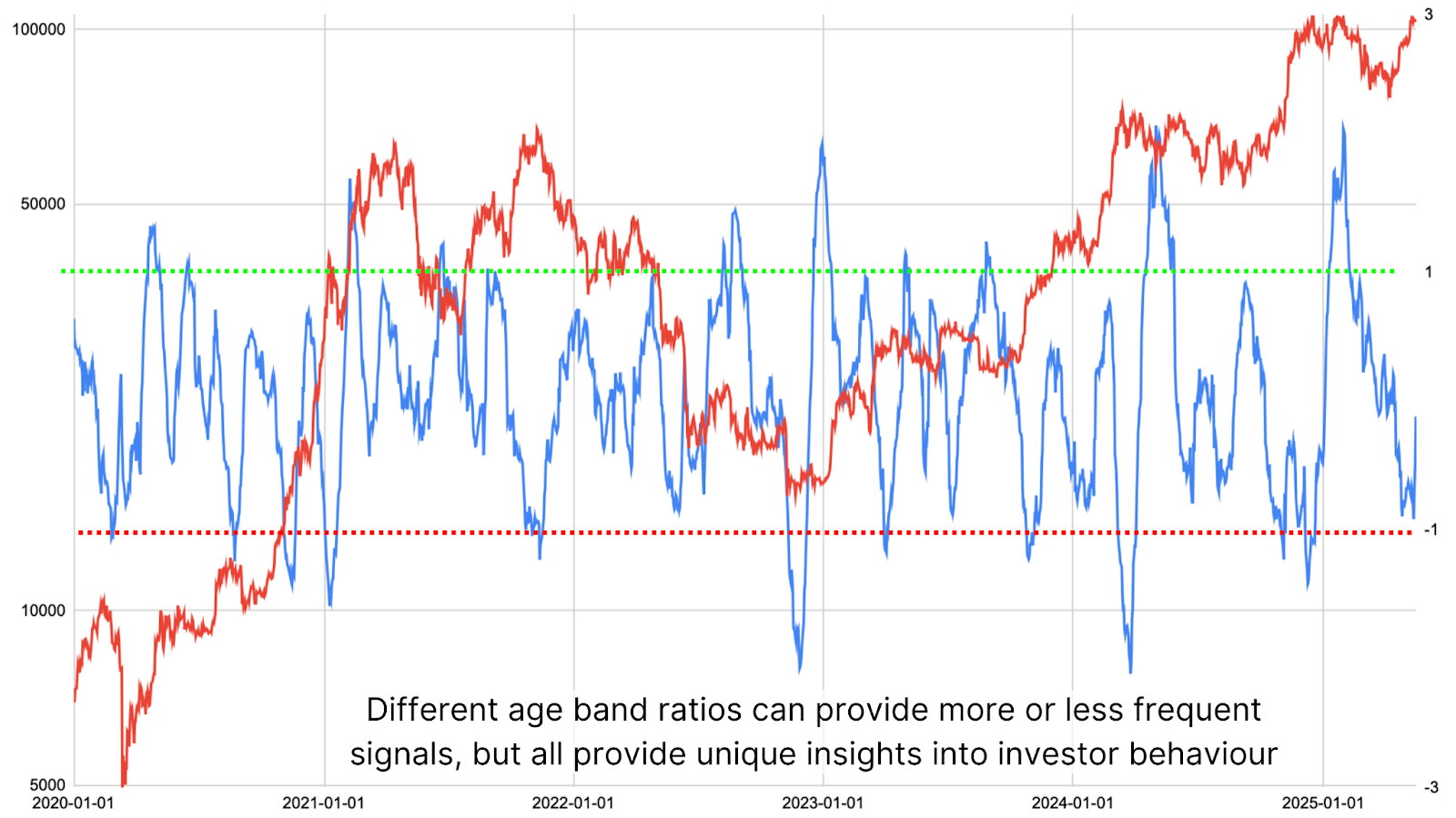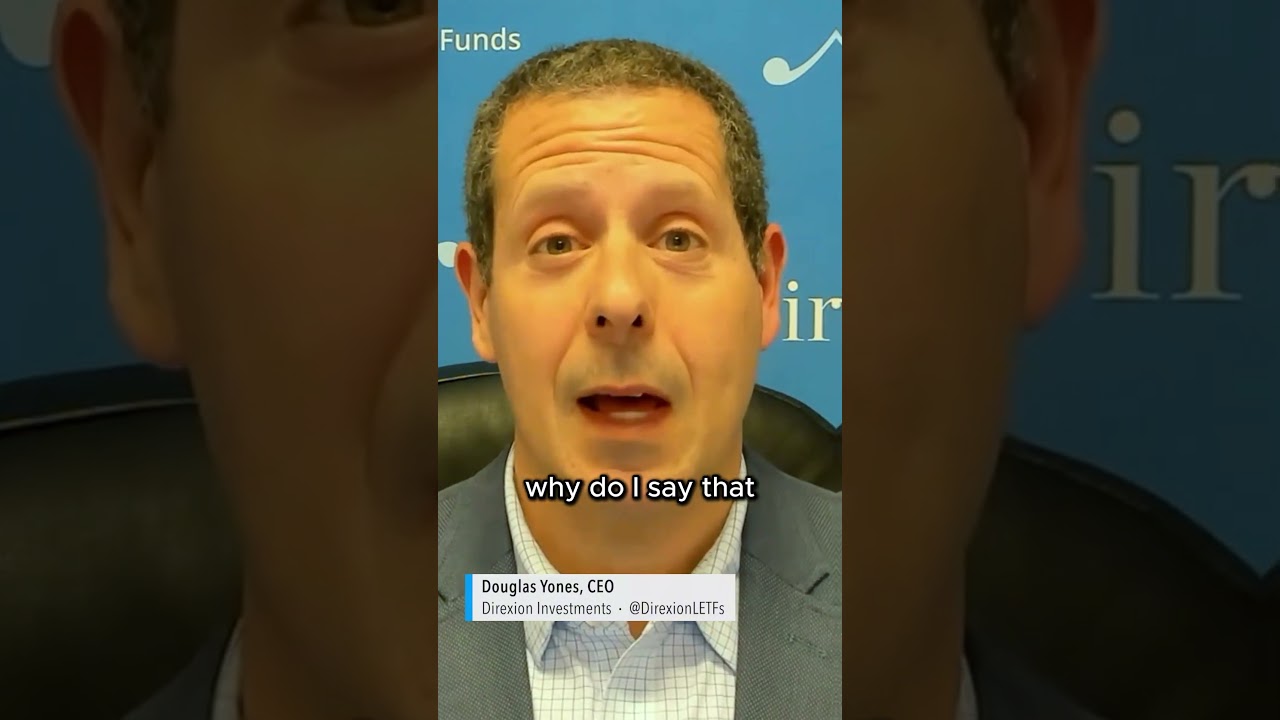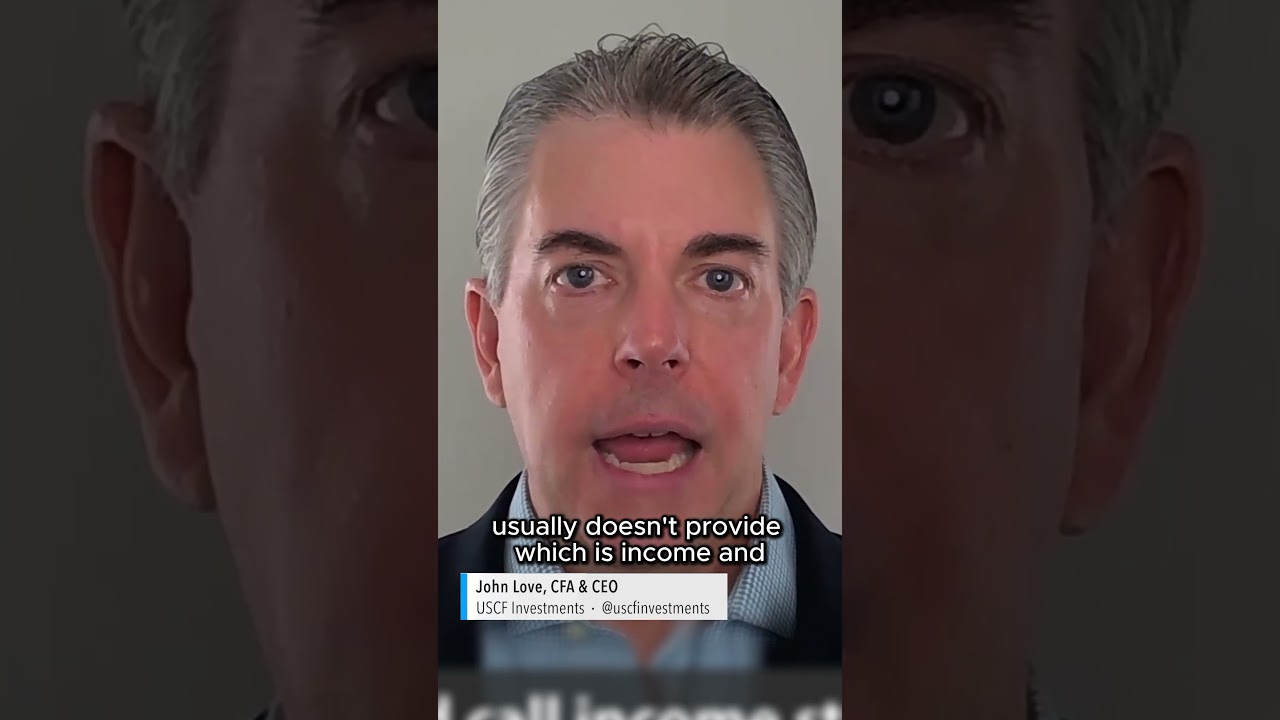How to keep your brain healthy in retirement
There are things you can do to help keep your brain functioning deep into your golden years.

Broadcast Retirement News Anchor Jeff Snyder sat down with Dr. Dorina Cadar of the Brighton and Sussex Medical School to discuss her work on brain health.
"My overall aim of the research is to examine various determinants of mental capabilities across the life course and specifically the risk factors associated with cognitive impairment and dementia," Cadar shared on her LinkedIn page.
Related: Historic college suffers complete financial collapse after bankruptcy
She has focused her work on why some individuals experience faster rates of cognitive decline compared to others.
"My broad research interests are cognitive ageing, cardiovascular health, dementia, the link between heart and brain, preventative medicine, lifestyle behaviours and healthy ageing. My overall aim of the research is to examine various determinants of mental capabilities across the life course and specifically the risk factors associated with cognitive impairment and dementia," she shared.
Snyder spoke with her about how people can actively work to keep their brains healthy.
How to protect your brain well into retirement
Transcript: Broadcast Retirement Network May 24, 2025
Jeff Snyder: This morning on BRN, education, occupation, and wealth have an impact on the risk of cognitive impairment. And joining me now to discuss this, Dr. Doreena Kedar is with the University of College London. Dr. Kedar, great to see you. Thanks for joining us on the program this morning.
Dr. Doreena Kedar: Thank you for having me.
Snyder: And we're gonna talk about some work that you and the team have done on cognitive impairment. And let's start with the basic question. Is there a link between your education, your occupation, and your wealth, and the risk of being cognitively impaired?
Cadar: Yes, so it is well-known that these factors do influence the level of cognitive functioning at any level and any stage across our life. So people with higher level of education tend to do better in schools in terms of their cognitive functioning across life. And we also see that higher level of education tend to preserve the level of cognitive decline when people tend to get older.
And what is really important, our study have shown that not only education, but actually the three markers of socioeconomic factors we looked at, the level of education, the level of occupation, the type of jobs people do, and the level of household wealth, they're all linked to the level of cognitive impairment and the transitioning from cognitive impairment to a stage such as dementia or mortality.
Snyder: So are there things that we can do to mitigate this risk? Like, for example, let's say that I just graduated from high school here in the States, I'm happy in my job, and I have a modest amount of wealth. Are there things that we have control over to mitigate some of this cognitive risk or this risk of cognitive impairment?
Cadar: So it's of course difficult because we know people with higher income will have better access to medical care, and there is no way around it. Better wealth offers you better access to services, to better diagnosis, better treatments, and also a better lifestyle and access to better foods and diet. But we also have looked in our research, and there is a lot more that we can do even in the absence of higher level of income and wealth.
In the way we spend our times, the hobbies we have, we tend to see in our research, and we have done a couple of studies in the English Longitudinal Study of Aging, which is a national representative of English population, that people even with lower level of income, those who are engaging in hobbies, in activities, in clubs, in sports, doing Sudoku, using mobile phone more, playing games, they tend to preserve their cognition because they are using their brain a lot more, they are mentally stimulated.
They're also being part of social networks, having friends and meeting for different activities tend to offer better resilience, which is protective for cognitive health.
Snyder: Yeah, I was gonna ask you about, we all live through the, many of us live through the pandemic. There was a lot of social isolation. Can the communal aspect of our lives, working and being around other people, can that help overcome some of these other factors that in some ways, doctor, they can be out of our control.
I mean, we can't control how much money we're gonna earn into some level. We can't control, we can control what we put in our mouths and how we eat, but does the sense of community and being with others, can that help overcome some of these other risk factors?
Cadar: Absolutely, it's really an important aspect which you raise. Pandemic has been devastating. Devastating, it has affected people on so many levels, not only losing jobs, but also in terms of isolation.
And this level of loneliness always impacts people wellbeing. And we start also cognitive functioning. Again, what we tend to observe that people who are resilient and find solutions to keep active, they always tend to do better even in maintaining their wellbeing and cognitive reserve and cognitive resilience.
So we heard many great stories where people were engaging in playing chess online or other activities. So in that way, they still have mates in which we engage in different activities, different games, and basically compensating for that level of isolation, which was imposed by the pandemic. All those activities in which people find ways to stay connected either online, either via online reading clubs or games or activities, that level of communication being maintained, being responsible for showing up to certain activities, it always shows positive aspects.
And that is available to everyone, either the level of income being low or high. But again, sadly, we tend to see that again, those with higher level of education and higher level of wealth tend to also be more engaged in such activities, which is a bit sad. But I think the message which should really raise is that everyone could make better choices in our spare time, in our daily lives.
We all can engage in a simple walk, in a run around the park, engaging in some activities in the community. And I think that's really important to highlight.
Snyder: So it sounds like we need to do a better job of informing the public, whether they're in the UK like you are here in the States or anywhere, because these factors, doctor, impact anybody, whether they're in Europe, here in the States. I mean, these are human risk factors. So it sounds like, I don't wanna put words in your mouth, but really the lesson here is awareness and raising awareness, either through government, through public agencies, NGOs, et cetera, to make say, hey, you wanna be better in life, have a better life and eliminate the risk?
Hey, these are some of the things you can do.
You can take an active role in brain helth
Cadar: Absolutely. And we have done great things in terms of banning smoking, for example, which we've seen in the UK and other parts of the world have heralded good results. And I think more of such activities can be taken by governments all over the world to enlist better choices for food, reduce alcohol consumptions, which we know it's bad equally as smoking and promoting those lifestyle choices that are healthier for people, making, I don't know, gym more accessible for everyone.
In the UK, we tend to see now that more green spaces are adopted and gym equipment is being installed in national parks. So those are simple steps taking in the right direction, but I think more we can do at community level to really instigate those activities that engage people a bit more. And also what is important to highlight that many people think of conditions such as cognitive impairment and dementia slightly too late when they already see some memory lapses, that cognition is not as good as in the early days, but really prevention for such condition should start a lot earlier than people might think.
It really should start as early as 30 and 40, where we really need to adopt a healthier pattern and do consistent activities of maintaining our brain active, but also it's so important to have a good overall health and the importance of sleep, the importance of reducing stress, eating healthy, exercising regularly. I think people are quite fed up of listening to all this, but they are so important. And we tend to see at least in some of our studies that people with higher socioeconomic status tend to be better and adopting such healthier lifestyle will be so good that we try to emphasize this message for everyone.
Snyder: Yeah, a really good point. Excellent research, doctor. Really appreciate you taking a few moments to be with us this morning, and we look forward to having you back on the program again very soon.
Thank you so much.
Cadar: Thank you. Thank you for having me.
Snyder: And don't forget to subscribe to our daily newsletter, The Morning Pulse, for all the news in one place. Details, of course, at our website. And we're back again tomorrow for another edition of BRN.
Until then, I'm Jeff Snyder. Stay safe, keep on saving, and don't forget, roll with the changes.




























































